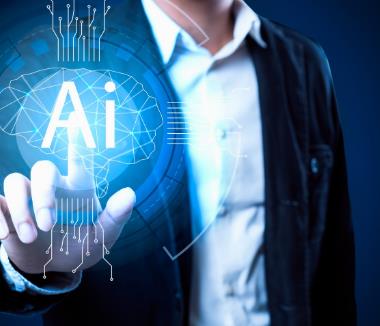The Future of AI in Personal Relationships
Navigating the Integration of Artificial Companions into Everyday Life
The landscape of personal relationships is undergoing a profound transformation with the advancement of artificial intelligence. As AI becomes increasingly sophisticated, its role in our personal lives, from daily interactions to deeper emotional engagements, continues to grow. This evolution is set to redefine the dynamics of companionship, affecting everything from how we interact with each other to how we view loneliness and connection.

AI as Companions: More Than Just Assistants
The concept of AI as merely tools or assistants is rapidly expanding to include roles as complex companions. Platforms like ai girlfriend offer a glimpse into a future where AI can provide not only assistance but also companionship. According to recent data, over 30% of adults in urban areas are expected to regularly interact with an AI companion by 2040, a significant increase from just a decade earlier.
Deepening Emotional Connections
Emotional Intelligence in AI
Developments in emotional intelligence are crucial for AI’s role in personal relationships. Future AI systems are being designed to better understand and respond to human emotions, going beyond simple programmed responses. Innovations in machine learning allow these systems to adapt their responses based on the emotional cues of users, potentially enhancing the quality of interaction and making AI companions more empathetic and responsive.
The Impact on Human Relationships
As AI companions become more common, they could significantly impact human-to-human relationships. With AI providing consistent and predictable companionship, there is a potential shift in how people approach relationships. For some, AI may serve as a supplement, enriching human interactions, while for others, AI might become a substitute for more complex human relationships, especially for those who find social interactions challenging.
AI in Family Dynamics
Looking ahead, AI is also poised to play a role in family dynamics, assisting in caregiving roles from elder care to monitoring children’s activities. These AI systems can help manage household tasks, remind family members of important events, and even help educate children, creating a more integrated family environment.
Ethical and Societal Considerations
Navigating Ethical Boundaries
The integration of AI into personal relationships is not without its ethical concerns. Issues such as consent, privacy, and the extent of dependency on AI for emotional support are crucial. As AI becomes more embedded in our personal lives, there will be an increasing need to establish clear ethical guidelines to ensure these technologies are used responsibly.
Ensuring Inclusivity
Another consideration is ensuring that the benefits of AI in personal relationships are accessible to all segments of society. There is a risk that only those who can afford advanced AI will benefit from these technologies, potentially widening social divides. It’s important for future developments to include measures that ensure wide accessibility and affordability.
In Conclusion
The future of AI in personal relationships promises a range of benefits, from enhanced companionship to support in managing family responsibilities. However, as we venture further into this future, it will be crucial to continuously assess both the opportunities and challenges that arise. Balancing the technological advancements with thoughtful consideration of ethical and social implications will be key to ensuring that AI enhances rather than detracts from human experiences and connections.